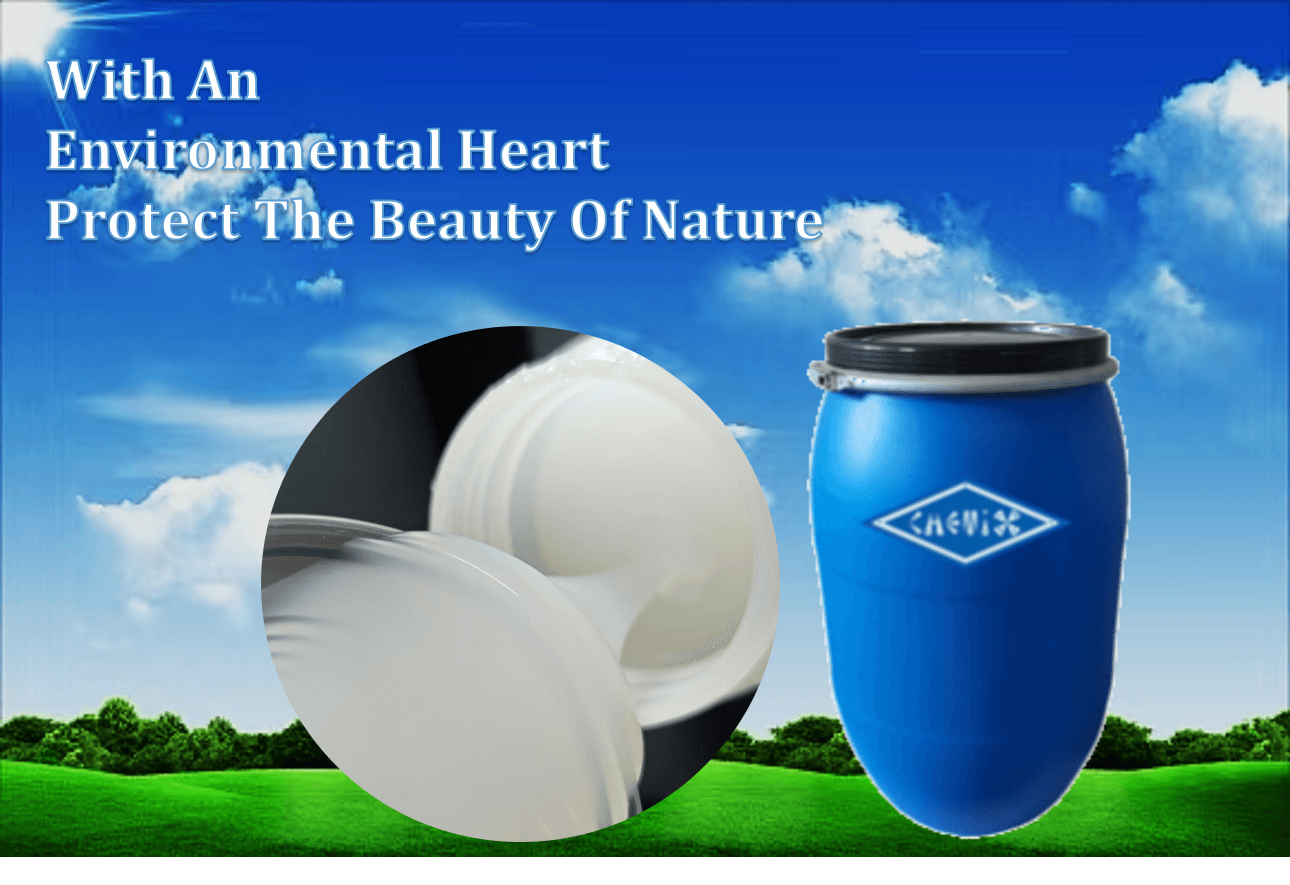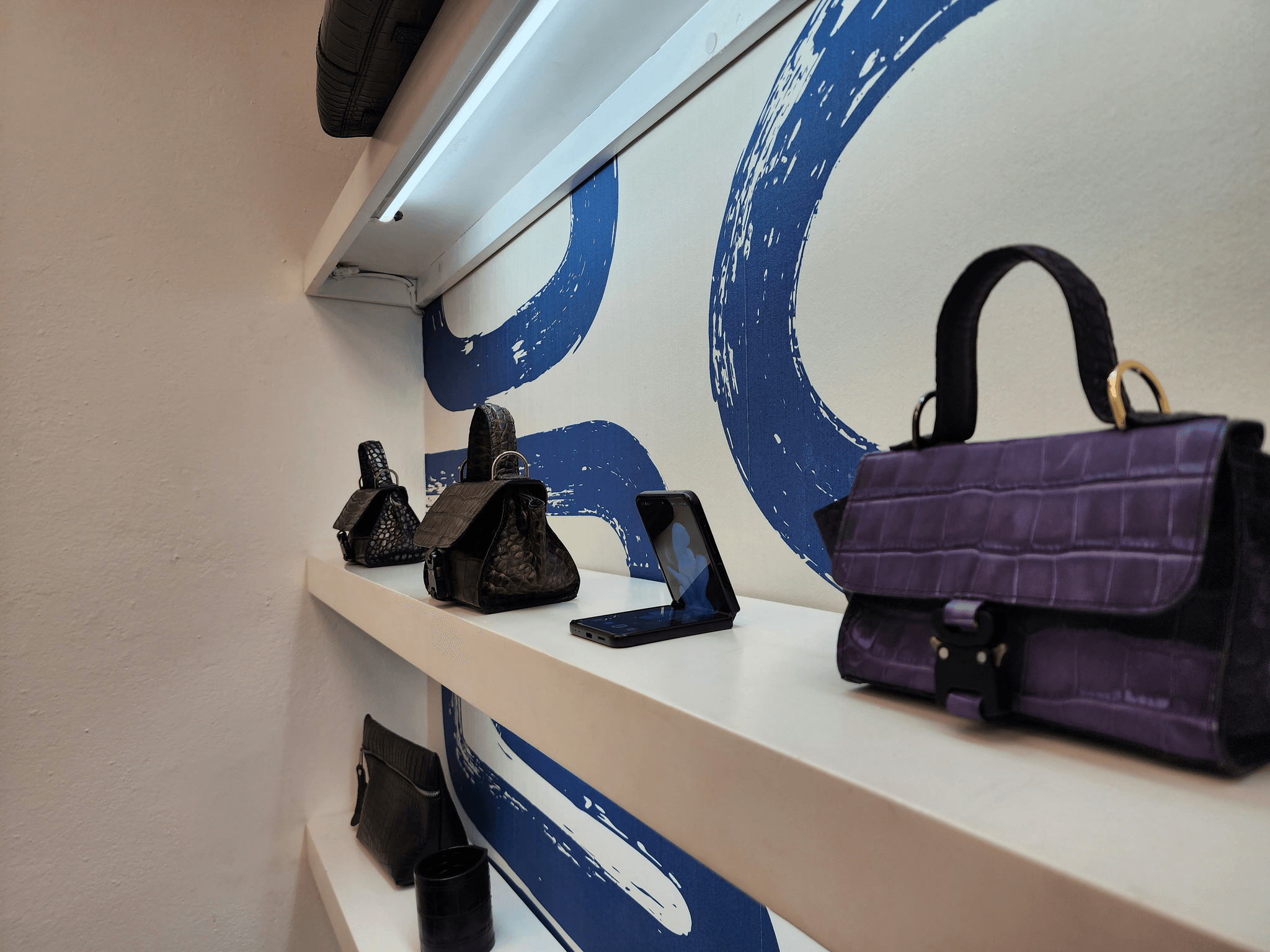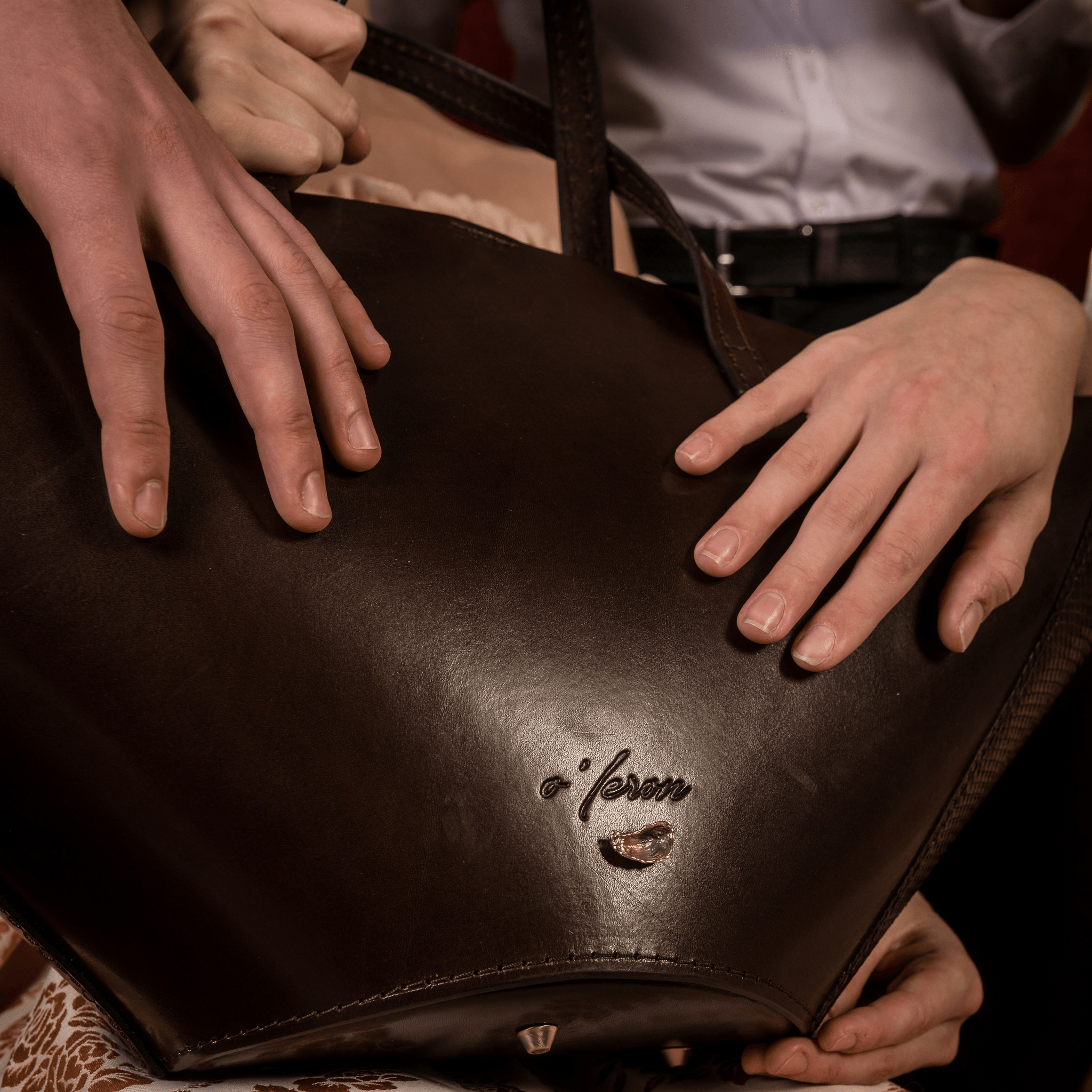Introduction

In today's environmentally conscious world, the demand for eco-friendly alternatives to traditional materials is on the rise. The use of polyurethane in various industries has raised concerns about its impact on the planet, leading to a growing interest in sustainable options. One such alternative is water-based resin, which offers a promising solution to reduce environmental harm while maintaining performance and quality.
Understanding Eco-Friendly Polyurethane
With the increasing demand for leather bags, there is a growing need for sustainable alternatives to traditional leather. Polyurethane, commonly used as a substitute for leather, has faced criticism due to its environmental impact. It is important to understand the eco-friendly aspects of polyurethane and how it compares to other materials in order to make well-informed choices when it comes to selecting sustainable handbag options. By being aware of the environmental implications of different materials, consumers can make more conscious decisions about the products they purchase.
Benefits of Sustainable Alternatives
Exploring sustainable alternatives to traditional materials presents a myriad of advantages, including the reduction of carbon footprint and the minimization of harm to ecosystems. By understanding these benefits, consumers and industries can make more informed and environmentally responsible decisions when selecting materials for various applications. This shift towards sustainable practices not only promotes ethical production but also contributes to a healthier planet for future generations.
Exploring Water-Based Resin Solution
Water-based resin presents an innovative solution that addresses the environmental concerns associated with traditional polyurethane. Its versatility and performance make it an attractive option for various industries, including fashion and accessories production. Understanding the potential of water-based resin as an eco-friendly alternative is essential in promoting sustainable practices.
The Environmental Impact of Polyurethane

Harmful Effects on Ecosystems
Polyurethane is known to have a significant negative impact on the environment, with harmful effects on ecosystems. When polyurethane products are disposed of in landfills or oceans, they release toxic chemicals that can contaminate soil and water, posing a threat to plants, animals, and marine life. This presents a serious environmental concern and highlights the need for sustainable alternatives to reduce the detrimental effects of traditional polyurethane.
One sustainable alternative to traditional polyurethane is bio-based polyurethane, which is made from renewable resources such as plant oils and natural fibers. This type of polyurethane has a lower environmental impact, as it reduces the reliance on non-renewable fossil fuels and minimizes the release of harmful chemicals into the environment. Additionally, advancements in technology have led to the development of biodegradable polyurethane, which breaks down more easily in the environment, further reducing its long-term impact. These sustainable alternatives offer promising solutions for mitigating the detrimental effects of traditional polyurethane and promoting a healthier planet.
Carbon Footprint Comparison
Compared to other materials, polyurethane has a higher carbon footprint due to the energy-intensive production process and the use of non-renewable resources. This contributes to greenhouse gas emissions and climate change, making it an unsustainable choice for environmentally conscious consumers.
Sustainable Practices in Manufacturing
To mitigate the environmental impact of polyurethane, manufacturers are adopting sustainable practices such as using renewable energy sources, reducing water consumption, and implementing closed-loop systems to minimize waste generation during production.
Furthermore, some manufacturers are also exploring the use of bio-based and recycled materials in the production of polyurethane to further reduce its environmental impact. This includes sourcing raw materials from sustainable suppliers and investing in research and development to discover innovative ways to create more eco-friendly polyurethane products. By continuously striving for sustainability in their manufacturing processes, these companies are contributing to a more environmentally responsible industry and helping to minimize the overall ecological footprint of polyurethane production.
Waste Management and Disposal Solutions
Proper waste management is crucial in handling polyurethane disposal. Recycling initiatives for polyurethane products can help reduce the amount of waste sent to landfills, while incineration with energy recovery can provide an alternative solution for managing end-of-life polyurethane items.
Now let's continue with the next section, which will focus on leather bag alternatives. We will explore the various eco-friendly options available in the market and their impact on the fashion industry. Additionally, we will discuss consumer awareness and demand for sustainable materials in bag production, as well as the potential for using sustainable materials in bag production. This section aims to provide insights into the growing trend of eco-friendly choices for handbags and the ethical considerations that come with embracing sustainable practices in fashion.
Water-Based Resin Solution

Advantages over Traditional Polyurethane
Water-based resin solutions offer several advantages over traditional polyurethane, including lower VOC emissions, reduced environmental impact, and improved air quality. These sustainable alternatives also provide excellent adhesion, flexibility, and durability, making them an ideal choice for various applications.
Versatility in Various Industries
Water-based resin solutions are incredibly versatile and can be used across a wide range of industries, including automotive, construction, furniture, and packaging. Their compatibility with different substrates and ability to meet specific performance requirements make them a preferred choice for manufacturers seeking eco-friendly options without compromising on quality.
Customization and Performance
One of the key benefits of water-based resin solutions is their ability to be customized to meet specific performance criteria. Manufacturers can tailor the formulation to achieve desired properties such as hardness, chemical resistance, or UV stability while maintaining a commitment to sustainability.
Water-based resin solutions offer a versatile and environmentally friendly option for a wide range of applications. By allowing manufacturers to customize the formulation, these solutions can be tailored to meet the specific needs of various industries, from automotive to construction. This level of flexibility not only ensures optimal performance but also supports sustainable practices, making water-based resin solutions an attractive choice for businesses looking to minimize their environmental impact.
Environmental Benefits and Sustainability
Water-based resin solutions contribute to environmental sustainability by reducing the use of harmful solvents and minimizing overall carbon footprint. Their eco-friendly nature aligns with global efforts to promote sustainable practices in manufacturing and reduce the impact on ecosystems.
Now that we've explored the advantages of water-based resin solutions as an eco-friendly alternative to traditional polyurethane, let's delve into leather bag alternatives in the next section.
Leather Bag Alternatives

Eco-Friendly Options
When it comes to eco-friendly options for leather bags, consumers can choose from a variety of sustainable materials such as cork, pineapple leather, and mushroom leather. These alternatives provide the same luxurious feel and durability as traditional leather without the environmental impact.
Impact on Fashion Industry
The rise of eco-friendly leather alternatives has made a significant impact on the fashion industry, prompting designers and brands to shift towards more sustainable practices. This movement has sparked innovation and creativity in the industry, leading to a greater emphasis on ethical and environmentally conscious production methods.
Consumer Awareness and Demand
Consumers are becoming increasingly aware of the environmental impact of traditional leather production, leading to a growing demand for eco-friendly options such as vegan leather and other sustainable materials. This shift in consumer preferences is driving the fashion industry to prioritize sustainability and transparency in their product offerings.
Sustainable Materials for Bag Production
Sustainable materials for bag production include organic cotton, recycled polyester, and upcycled materials that reduce waste and minimize environmental harm. By utilizing these materials, brands can create stylish and durable handbags while reducing their carbon footprint.
Next section: V. Eco-Friendly Choices for Handbags
Eco-Friendly Choices for Handbags

When it comes to eco-friendly choices for handbags, vegan leather options have gained popularity due to their sustainable and cruelty-free nature. Vegan leather, made from materials such as pineapple leaves or cork, offers a stylish and ethical alternative to traditional leather bags. With the growing demand for sustainable fashion, many designers and brands are incorporating vegan leather into their collections to cater to environmentally conscious consumers.
Vegan Leather Options
Vegan leather handbags are crafted from a variety of plant-based materials, including apple peel, mushroom leather, and recycled plastic bottles. These innovative alternatives not only mimic the look and feel of traditional leather but also reduce the environmental impact associated with animal agriculture and tanning processes. With advancements in technology, vegan leather has become a versatile choice for creating stylish and durable handbags without compromising on quality or design.
Sustainable Material Innovations
In addition to vegan leather, sustainable material innovations such as upcycled fabrics, organic cotton, and hemp are being utilized in the production of eco-friendly handbags. These materials offer a renewable and biodegradable option for fashion accessories while promoting responsible sourcing and manufacturing practices. By embracing sustainable material innovations, fashion brands can minimize their carbon footprint and contribute to a more environmentally friendly industry.
Ethical Considerations in Fashion
Ethical considerations in fashion extend beyond the use of sustainable materials to encompass fair labor practices and transparent supply chains. Consumers are increasingly seeking information about how their products are made and whether ethical standards are upheld throughout the production process. By prioritizing ethical considerations in fashion, brands can build trust with conscious consumers who value transparency and social responsibility.
Recycled and Upcycled Handbag Options
Recycled and upcycled handbag options offer a creative solution to reduce waste by repurposing materials that would otherwise end up in landfills. From reclaimed textiles to discarded industrial materials, these eco-friendly choices showcase innovative designs that promote circularity within the fashion industry. By supporting recycled and upcycled handbag options, consumers can contribute to a more sustainable approach to consumption while embracing unique pieces with a positive environmental impact.
Conclusion

In conclusion, it is important to consider the environmental impact of our choices, especially when it comes to fashion and accessories. By making informed choices and supporting sustainable practices, we can make a positive difference in the world. Embracing eco-friendly alternatives such as vegan leather and sustainable materials for leather handbags can help reduce the harmful effects of traditional polyurethane on ecosystems.
Making Informed Choices
Making informed choices about the products we purchase is crucial for promoting sustainability and reducing our carbon footprint. By educating ourselves about eco-friendly alternatives to traditional polyurethane, such as vegan leather, we can make a positive impact on the environment and support ethical practices in fashion.
Supporting Sustainable Practices
Supporting sustainable practices in manufacturing and waste management is essential for minimizing the environmental impact of leather bag production. By choosing brands that prioritize eco-friendly materials and ethical production processes, consumers can contribute to a more sustainable fashion industry.
Embracing Eco-Friendly Alternatives
Embracing eco-friendly alternatives like vegan leather handbags not only benefits the environment but also promotes ethical considerations in fashion. As consumer awareness and demand for sustainable options continue to grow, embracing eco-friendly alternatives becomes increasingly important for creating a more environmentally conscious society.
